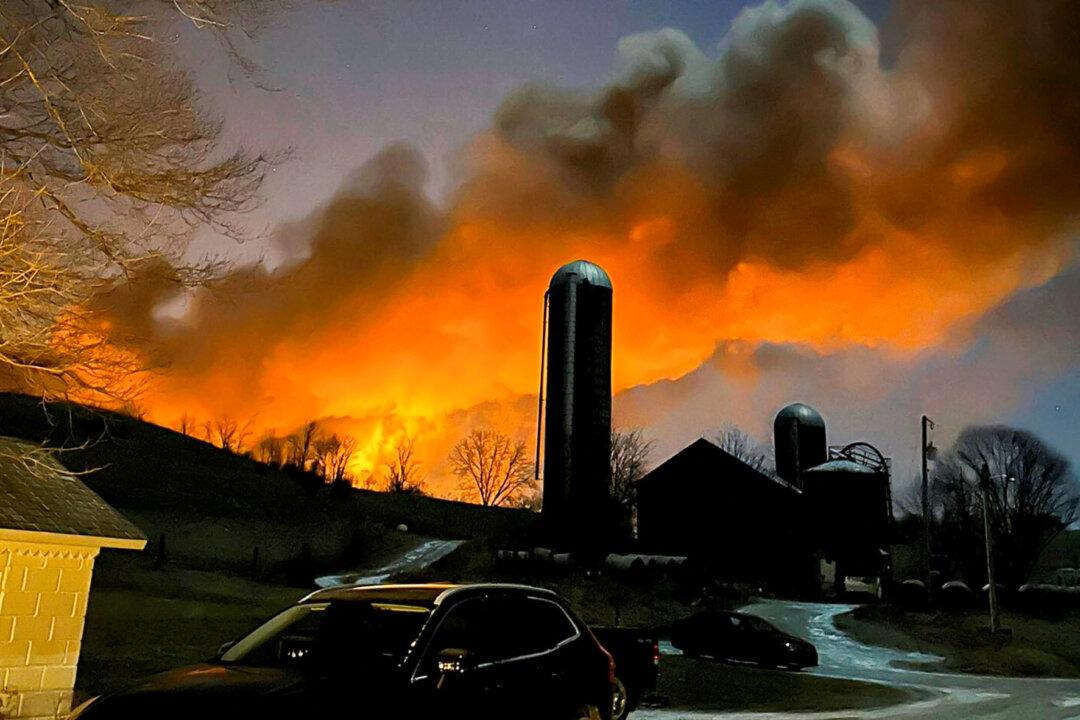EAST PALESTINE, Ohio–Like many East Palestine residents, Greg Mascher didn’t think twice when he heard the blaring horn of another approaching Norfolk Southern freight train.
Trains rumble through town throughout the day and have done so for years. Their presence was an accepted and mostly ignored part of daily life— until Feb. 3, 2023.





